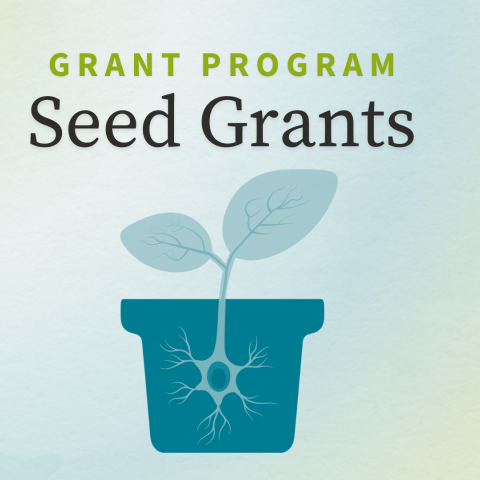Our Seed Grants program sparks new collaborations between scientists from across the university to engage in innovative, collaborative research projects in the neurosciences.
Seed grant research projects should involve at least two independent co-PI's who combine their expertise in an innovative fashion to address important problems in basic and clinical neuroscience.
We encourage applications from teams forming unique connections between neuroscience and other bastions of disciplinary strength at Stanford (e.g.: engineering and the quantitative sciences, chemical and molecular biology, the social sciences, humanities and professional schools of education, law and business).
Seed Grants 2025 - Applications open Feb 4 to Apr 25
Successful proposals will be awarded for a two-year period in the total amount of $300,000 ($150,000 per year).
Funded Seed Grant projects
TrkA-ing the chronic pain
Sensory processing in a pre-seizure state
Massively parallel microwire arrays for deep brain stimulation
Rapid brain-wide optogenetic screening with a noninvasive, dynamically programmable in vivo light source
Enabling faster and more responsive voltage imaging through computational biophysics
Ultrasonic neural control and neuroimaging in the awake, mobile, and behaving small rodent
Seed Grant Award Announcements
2021 - Wu Tsai Neurosciences Institute announces fourth round of seed grants
2019 - Wu Tsai Neurosciences Institute announces third round of seed grants
2017 - Stanford Neurosciences Institute awards second round of Seed Grants
2015 - Stanford Neurosciences Institute awards first round of Seed Grants
